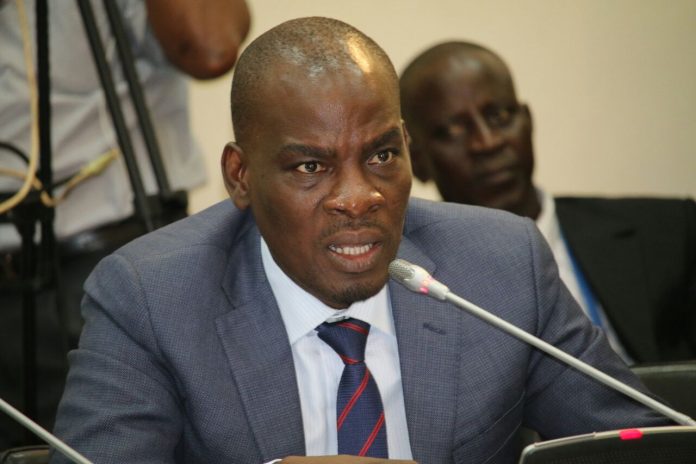Haruna Iddrisu, Member of Parliament for Tamale South, has revealed plans to submit his recommendations regarding the contentious LGBTQ+ Bill to President John Mahama.
While he did not disclose specific details about his suggestions, Iddrisu expressed confidence that his recommendations would align with the national interest and help shape the bill accordingly.
Speaking before the National Muslim Prayer and Thanksgiving at the national mosque on Friday, January 10, 2025, Iddrisu stated, “I have some ideas on the LGBTQ issue, but I have not yet shared them with the president on how he can take ownership of the bill, build national consensus, and ensure consistency with Ghana’s laws and constitution.”
He continued, “There is a way to deal with it. Commenting further here would risk reducing it to a religious matter, but this is a social issue that we must address collectively.”
The Human Sexual Rights and Family Values Bill, which has sparked controversy, seeks to criminalise activities related to LGBTQI advocacy. If passed, it would impose penalties on individuals promoting, funding, or supporting LGBTQI-related activities.
Supporters of the bill argue that it is crucial to protect Ghanaian cultural and family values, which they believe are being undermined by foreign ideologies.
In contrast, critics, including human rights organisations, have condemned the bill for violating fundamental human rights, such as freedom of expression and equality under the law.
The bill has also faced legal challenges.
Broadcast journalist Richard Dela Sky and Dr. Amanda Odoi separately petitioned the Supreme Court, claiming that the bill did not meet the constitutional quorum requirements outlined in Articles 102 and 104, thus rendering its passage unconstitutional.
The Supreme Court, however, dismissed both petitions, stating that the bill had not yet become law.
Justice Lovelace Johnson clarified that the bill is not subject to judicial review until it receives presidential assent and becomes enforceable.



